
In the wake of the COVID-19 pandemic, the Latin American and Caribbean region is experiencing an unprecedented education crisis that requires immediate action to mitigate and reverse learning losses, according to a new World Bank report.
Following the massive school closures, as of February 2021, about 120 million school-age children had already lost or were at risk of losing a full academic year of presential education, with serious educational impacts, according to the report, Acting now to protect the human capital of our children: The costs of and response to the COVID-19 pandemic impact on the education sector in Latin America and the Caribbean.
Learning poverty, defined as the percentage of 10-year-olds unable to read and understand a simple text, may have grown by more than 20 per cent, from 51 per cent to 62.5 per cent. This could be equivalent to roughly 7.6 million additional “learning poor” primary education school-age children in the region.
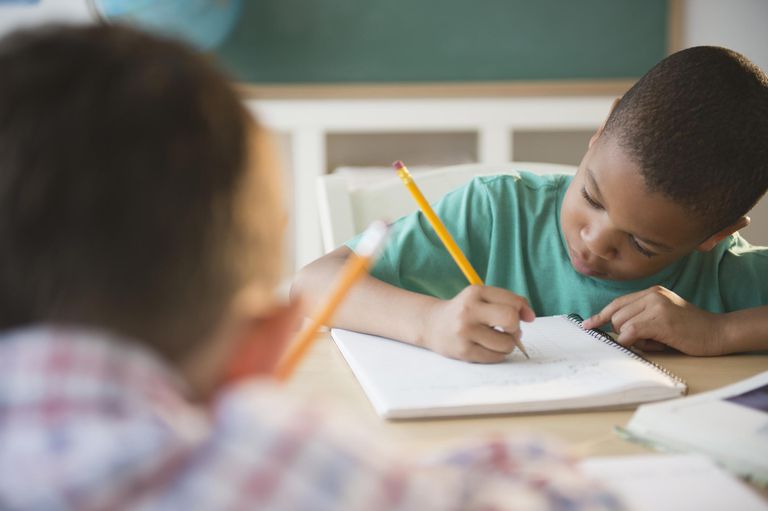
The report urges governments to act immediately to reverse the situation. Countries must prepare for the safe and effective reopening of schools nationwide, with the necessary funding and tools to ensure that they can open without difficulties.
“This is the worst educational crisis ever seen in the region, and we are worried that there could be serious and lasting consequences for a whole generation, especially for the most vulnerable sectors,” said Carlos Felipe Jaramillo, World Bank vice president for Latin America and the Caribbean.

“Governments must take urgent actions to recover the lost ground and seize this opportunity to improve education systems by taking advantage of new technologies.”
The report and Jaramillo’s comments come less than a month after Jamaica’s Education Minister Fayval Williams announced the country was shutting down face-to-face learning for students not preparing for exit exams.
Face-to-face classes had only been restarted last November after being shut down when the first COVID-19 case was confirmed in the island in March 2020.
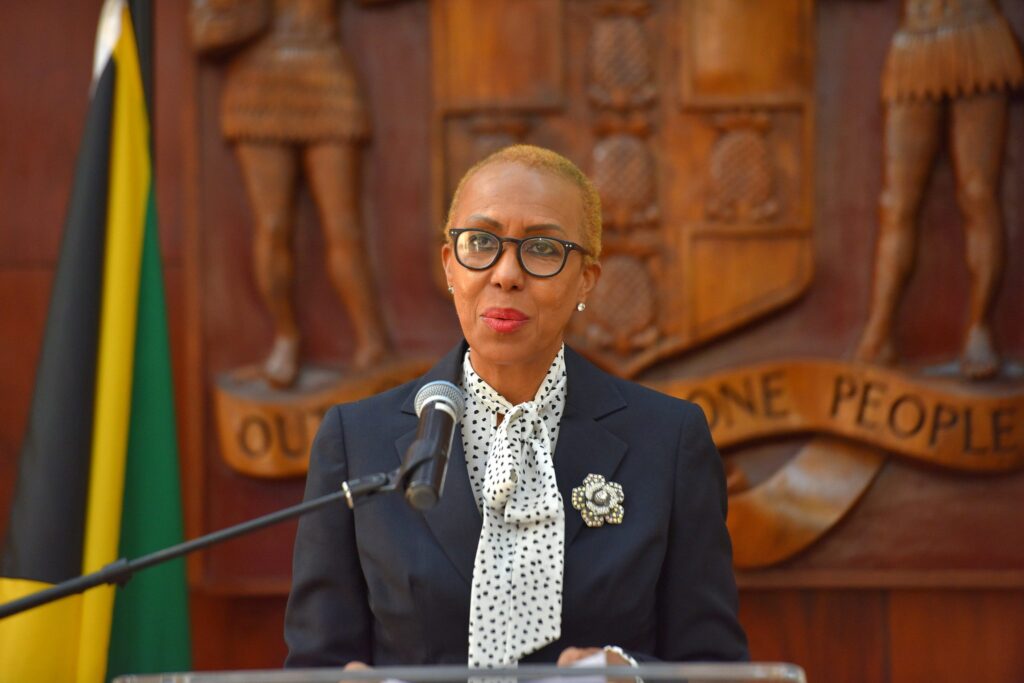
In the year since, there have been widescale reports in Jamaica of students struggling to keep pace with educational targets as result of, among other issues, an inability to access to access virtual learning tools and teachers’ difficulties translating teaching methods to online platforms.
According to the World Bank, policies should focus on guaranteeing that all school-age children have access to reopened schools and creating the conditions for effective blended learning (the combination of face-to-face and remote learning in the same schools), which will become the new normal in the coming months. At the regional level, fewer than 43 per cent of primary schools and fewer than 62 per cent of secondary schools have access to the Internet for educational purposes.
“It is crucial to quickly close the digital divides that persists and to take advantage of the current crisis to promote changes that were needed even before the pandemic.”
Emanuela Di Gropello, one of the lead authors of the report and World Bank Practice Leader for Education in Latin America and the Caribbean.
“An effective reopening requires key administrative and pedagogical decisions,” said Emanuela Di Gropello, one of the lead authors of the report and World Bank Practice Leader for Education in Latin America and the Caribbean.
“It is crucial to quickly close the digital divides that persists and to take advantage of the current crisis to promote changes that were needed even before the pandemic.”
In the longer term, the goal is to build education systems that are more inclusive, effective and resilient. Several examples of effective programmes exist that could be institutionalised and replicated in the region. These include early warning systems that help identify students who are at risk of dropping out implemented in Peru, Guatemala and Chile.
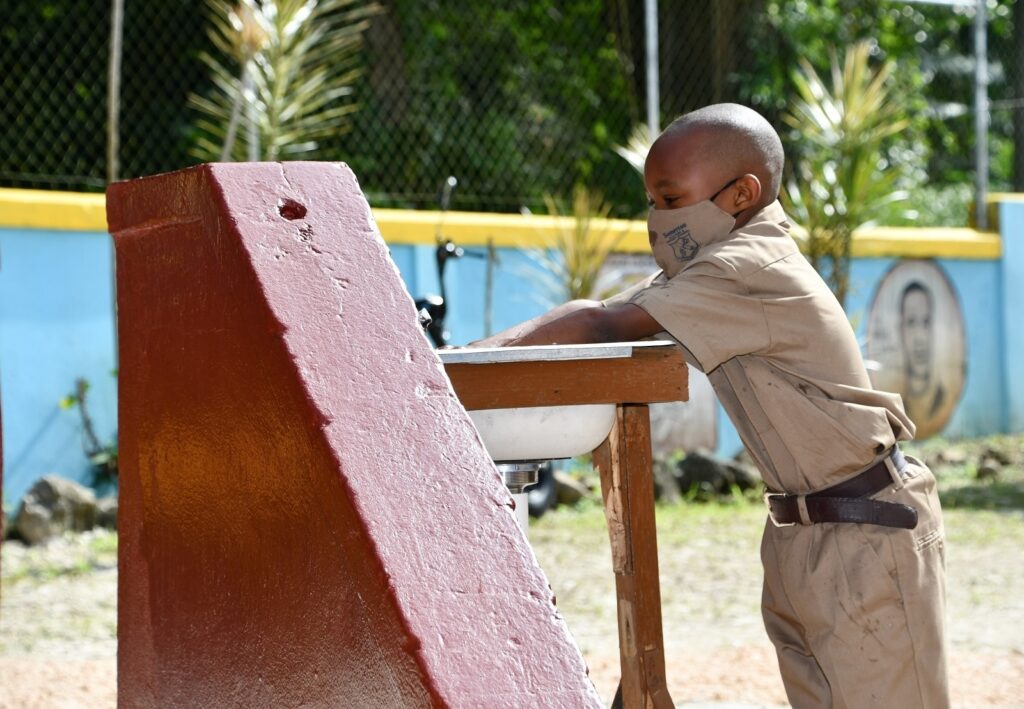
Likewise, education management and information systems are producing successful results in Colombia and Uruguay. The adaptive learning technologies used in Ecuador and the Dominican Republic have helped to provide instruction at the right level.
According to the report, after 10 months of school closure (the entire academic year), 71 per cent of lower secondary education students may not be able to understand a text of moderate length. Before the pandemic, the figure was 55 per cent. That percentage could rise to 77 per cent if schools remain closed for an additional three months. These losses are not the same for all sectors – they mainly affect the lowest income quintile – which could have widened the already high socio-economic education achievement gap by 12 per cent.
In the future, the enormous losses in learning, human capital and productivity may translate into a decline in potential aggregate earnings for the region of US$1.7 trillion, or approximately 10 percent of total baseline earnings.
Added to these negative impacts is the possibility that school dropouts could increase by at least 15 per cent due to the pandemic, as well as the interruption of services that many children received in schools, including meals for 10 million students in the region. These are clear examples of the dramatic impact of school closures on students’ physical, mental and emotional health.

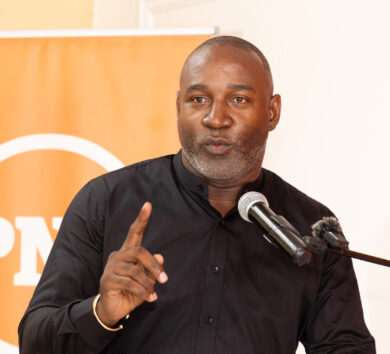
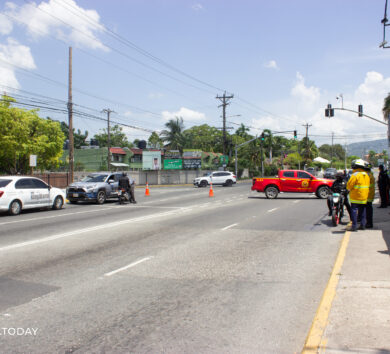
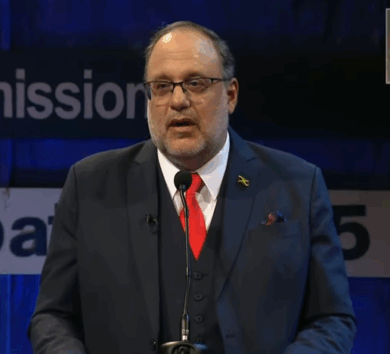
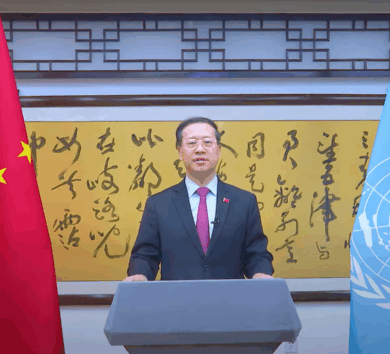
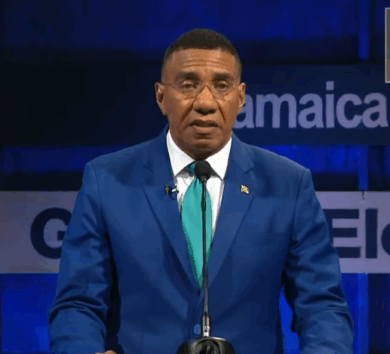

Comments